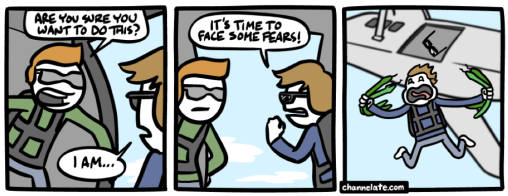Originally published on the Global Ecology Blog.
Many students start a PhD by just continuing in the same subject and same institution from their Masters or Honours project. But this is not necessarily the best way to do things. In fact, switching fields and countries for your PhD could end up giving you a decide boost to your career.
Sure, continuing a project with the same supervisors has a lot of advantages for both the student and supervisor. As students, we are familiar with the environment, the research topic, and the specific, technological know-how of our current field. We also know that we have no more than 3 to 4 years to complete a PhD thesis. This period is short, and so avoiding the time to adapt to a new setting and topic is a distinct advantage. From the perspective of the supervisor, this time-saving can also increase the likelihood that the student will finish in time
Given these reasons, it’s difficult to argue why someone should contemplate doing things differently. This was exactly my point of view a few years ago, but I am now convinced that I was wrong.
I decided to do a PhD when I was 16 after an interview I did with a professor as part of a high school project. His eyes were bright, and his obvious passion for the subject fascinated me. A few years later, my first internship in a research lab was so captivating that I subsequently chose my courses and internships accordingly. I had decided to do a PhD in that field, and to become an ‘expert’. In so doing, I thought that I would be more likely to get one of the local PhD scholarships that were on offer. But at the end of my Masters degree, I missed out on being selected. Read the rest of this entry »




 The second instalment of “
The second instalment of “









 This may seem a little off-topic for
This may seem a little off-topic for 











